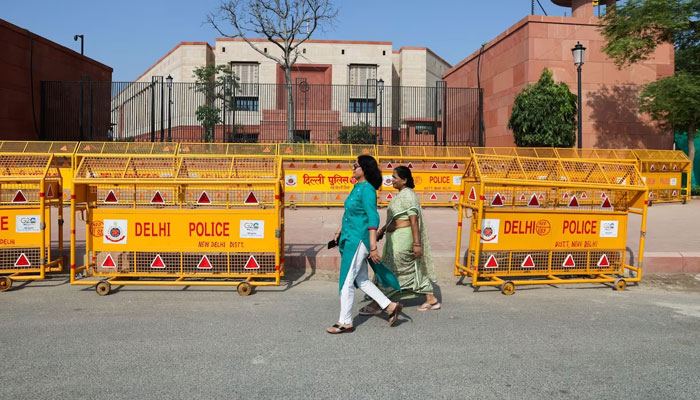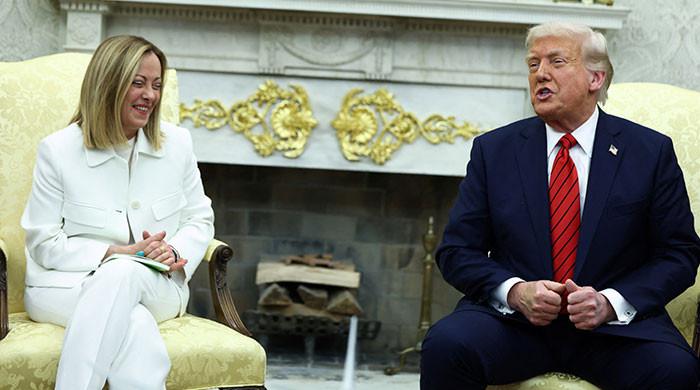In historic legislation, India reserves 33% parliamentary seats for women — but there is a catch
Women constitute over 48% of India's population but their representation in parliament stands at 15.1%
September 22, 2023

India's parliament has approved a landmark bill reserving 33% of seats in the powerful lower house and state legislatures for women, touting it to be a bold historic move by the mostly patriarchal legislative politics.
The decision aims to rectify the gender imbalance in India's political representation and marks the end of a 27-year deadlock on the bill due to a lack of consensus among political parties.
The lower house of parliament passed the legislation with an overwhelming 454-2 vote, and the upper house unanimously approved it, with a vote of 214-0. This historic move has received support from all opposition parties, who argue that delaying its implementation until 2029, after the next national elections, is unjust to women.
Finance Minister Nirmala Sitharaman explained during a parliamentary debate that the law will be enacted in the 2029 national elections, allowing time for a new census and the adjustment of voting districts after next year's polls.
Under this legislation, women will exclusively contest 33% of the seats in the elected lower house of parliament and state legislatures. The reservation of seats for women will initially continue for 15 years and may be extended by parliament.
India's once-in-a-decade census, initially scheduled for 2021, was postponed due to the COVID-19 pandemic, leading to a delay in the implementation of this law.
Despite women constituting over 48% of India's population of more than 1.4 billion, their representation in parliament stands at a mere 15.1%, far below the international average of 24%, as stated by Law and Justice Minister Arjun Ram Meghwal. In state legislatures, women occupy only about 10% of the seats.
Attempts to enact such legislation date back to 1996, with successive governments making four unsuccessful efforts to pass it. Regional parties had initially opposed the bill, fearing that seats reserved for women would be dominated by the educated urban elite, leaving marginalised and less-educated women unrepresented.
Over the years, however, opposition to the bill has waned, and it has gained broader support as politicians recognise the need to be responsive to emerging constituencies, particularly women.
India's patriarchal society has often marginalised women, and this legislation is a significant step towards gender parity and more inclusive governance.
This historic decision reflects India's commitment to addressing gender disparities and promoting equal political participation for women in the country.











